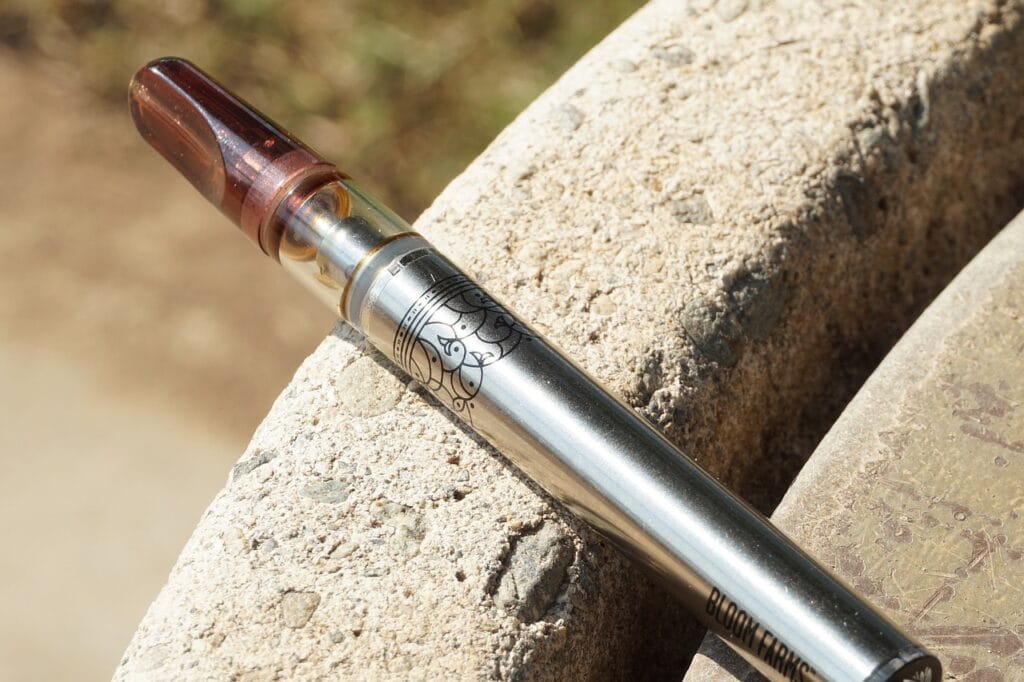Cannabis has historically been stigmatized due to its effects, but it is now increasingly recognized for its potential in various medical fields. In recent years, research has significantly expanded regarding the therapeutic properties of cannabis, especially its benefits for neurological conditions.
Beyond its well-known uses for stress relief, alleviating depression, and improving sleep, cannabis offers promise in addressing a range of neurological disorders. This article explores five conditions and examines how cannabis or cannabis plays a role in their therapeutic applications.
Table of Contents
Key Takeaways:
- Certain cannabinoids and terpenes exhibit unique effects on various neurological disorders.
- Linalool, myrcene, and limonene possess anti-convulsant properties.
- Combining equal amounts of THC and CBD with other cannabis compounds shows potential for cancer treatment.
A Natural Approach to Managing Neurological Disorders
Addressing the complexities of conditions such as Alzheimer’s disease (AD), brain tumors, Parkinson’s disease (PD), intractable epilepsy, and chronic traumatic encephalopathy (CTE) or traumatic brain injury (TBI) varies based on individual patient needs and the severity of their condition.
Cannabis is a Viable Treatment Option
Epilepsy
The endocannabinoid system plays a crucial role in influencing the seizure threshold. THC, in particular, can effectively halt seizures, unlike traditional medications. Research has shown significant increases in endocannabinoid production associated with cannabinoids, demonstrating their anti-convulsant properties even at non-sedating levels.
For those exploring cannabis to help manage epilepsy, look for products containing THC, CBD, THCA, or linalool.
Brain Tumors
Multiple studies have investigated the effects of cannabis in patients with brain tumors. Notably, a study found that administering THC directly into tumors in patients with glioblastoma multiforme slightly extended life expectancy in several cases.
Research indicates that the synergistic effects of cannabinoids, particularly when combined with other therapeutic agents, can enhance treatment efficacy against cancer.
Parkinson’s Disease
Observational studies have shown that many patients can tolerate smoked cannabis, which appears to provide acute benefits, including improvements in tremor and rigidity.
Vape pens like Kootenay Botanicals Canada’s cannabis can be effective for those seeking to alleviate symptoms related to Parkinson’s disease.
Alzheimer’s Disease
Alzheimer’s disease involves complex processes that lead to neural degeneration. CBD interacts with receptors in the brain, providing protective effects while preventing the progression of the disease.
Components of cannabis show promise in addressing various symptoms associated with AD, including agitation, psychosis, and insomnia.
Traumatic Brain Injury / Chronic Traumatic Encephalopathy
Cannabis, particularly formulations combining THC and CBD, can alleviate symptoms such as headache, nausea, and anxiety associated with CTE.
Want to Use Cannabis for Your Current Condition?
Using cannabis is a popular method to gain its benefits. If you’re looking to avoid the potential health risks of traditional consumption methods, cannabis vapes provide a viable alternative. Kootenay Botanicals Canada offers a diverse selection of cannabis to meet your needs.
Weed Vape Pens Treat Your Condition
While neurological treatment requires significant advancements, emerging methods utilizing cannabis, including cannabis, show promise. Research suggests that cannabis can effectively interact with the endocannabinoid system to help manage symptoms.
Frequently Asked Questions
Can a dab pen provide the same experience as a vape pen?
A dab pen and a vape pen both vaporize cannabis concentrates but vary in intensity and usage. Dab pens are designed for solid concentrates, delivering a more intense experience, while vape pens offer a milder, controlled option.
Are THC pens cheap?
The average cost of a cannabis pen is around $50, with options ranging from $20 to $200 or more, depending on features and battery life.
Can my current medication interact with the active ingredient in my cannabis vape?
Interactions depend on individual prescriptions. It’s advisable to consult your doctor before incorporating cannabis into your medication regimen.
Are cannabis pens the best alternative when treating health issues with cannabis?
Vape pens provide a cleaner method for using cannabis, making them a preferred choice for individuals looking for a discreet and less harmful option.
Related Articles:
“`



